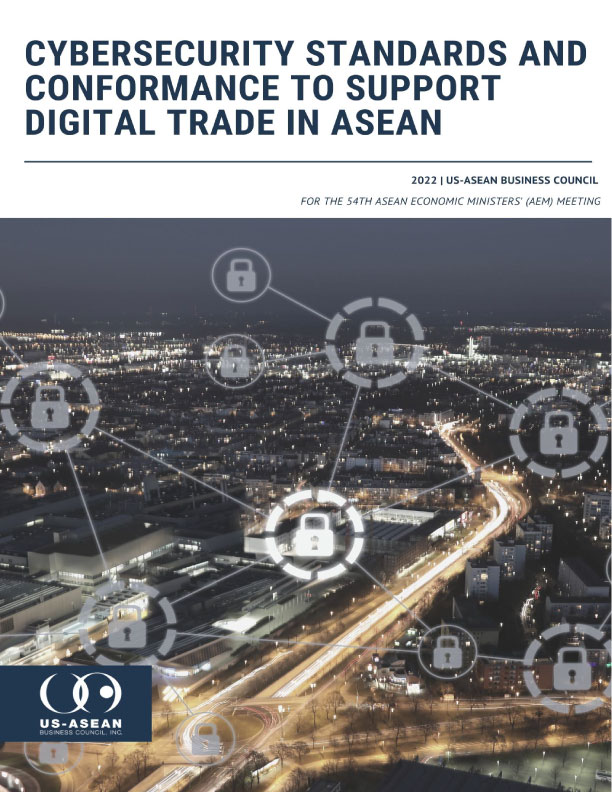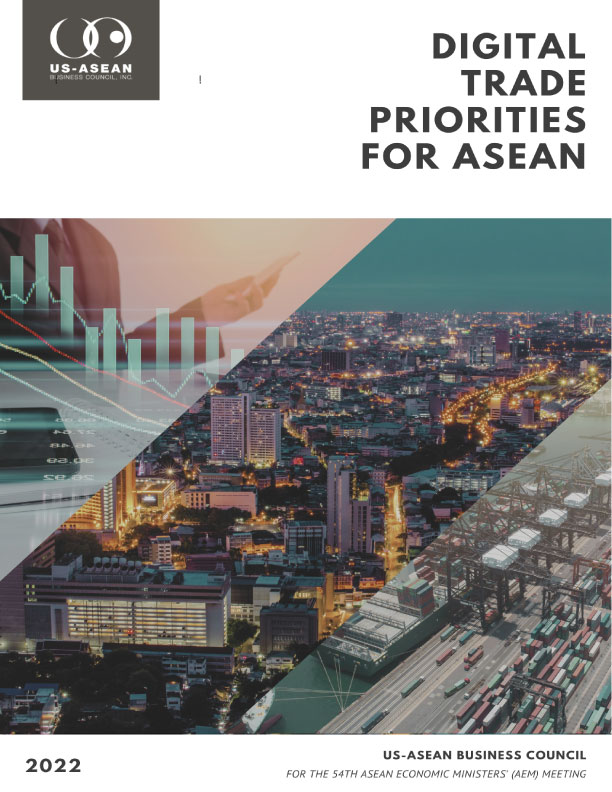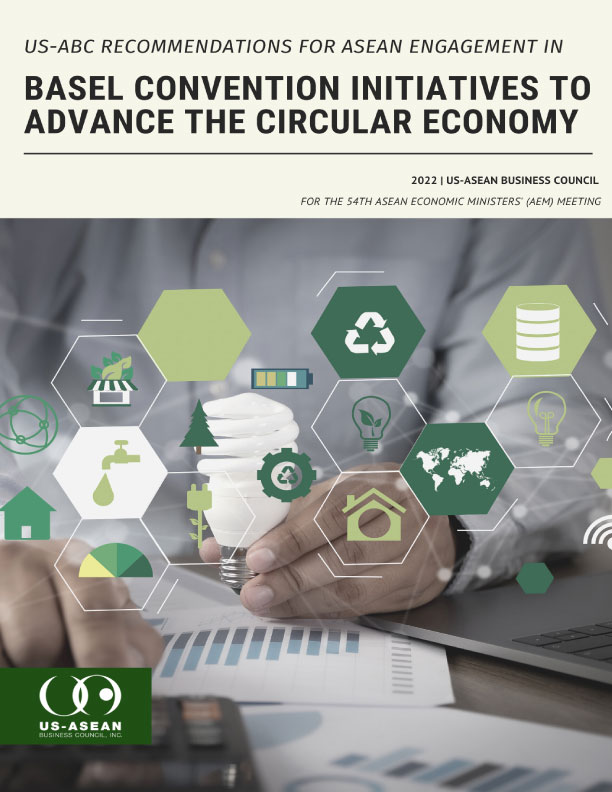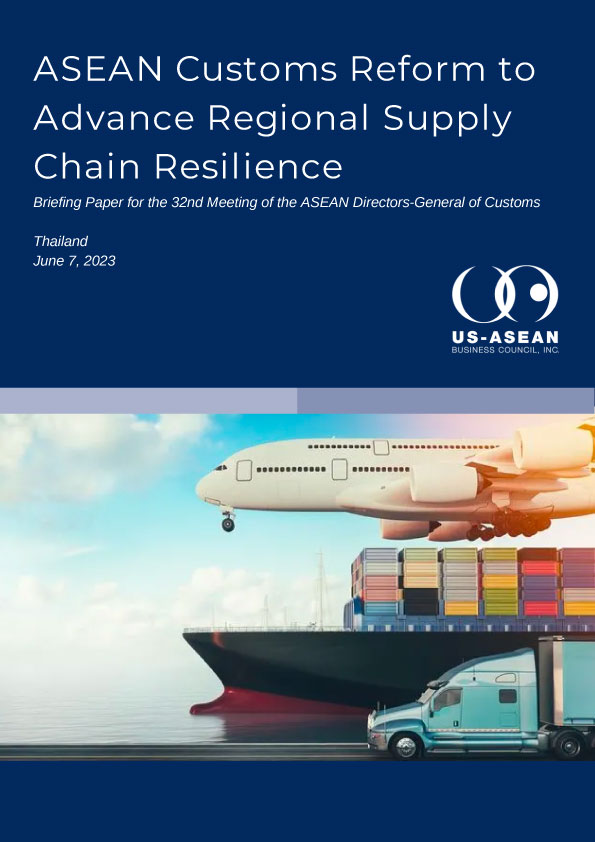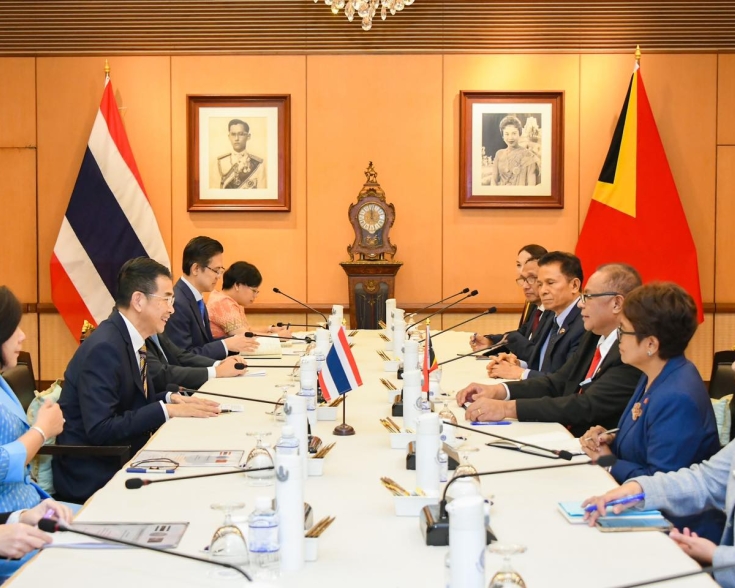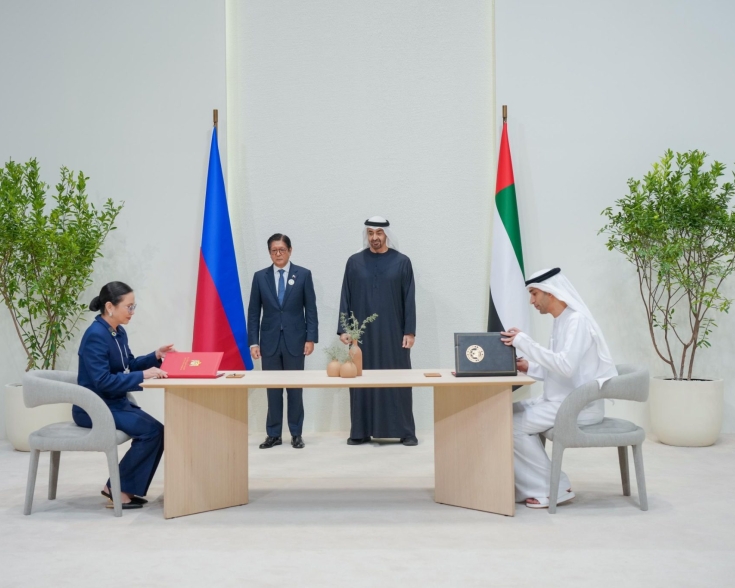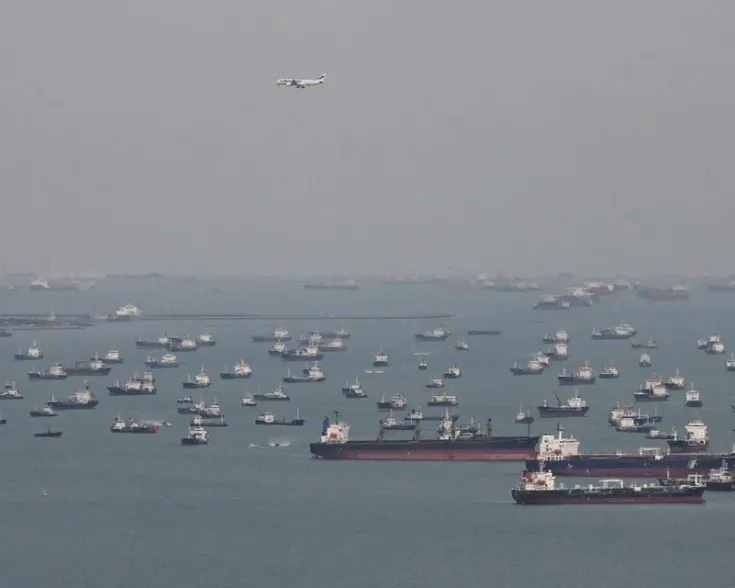Singapore Reinforces Trade Networks with New Partnerships and Multilateral Engagements
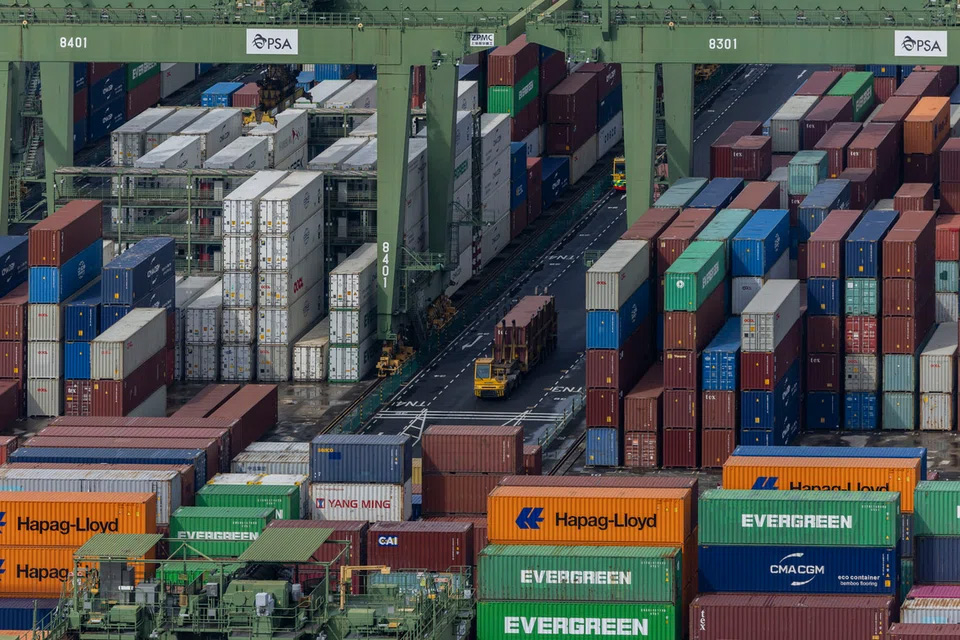
On September 16, Singapore and 13 other small nations established the Future of Investment and Trade (FIT) Partnership. The non-binding agreement serves as a platform for nations to support open and free trade, strengthen supply chains, and promote foreign direct investment flows. This new initiative comes against the backdrop of recent disruptions in global trade that have weakened rules-based trading systems and fragmented markets. Such trends are challenging for Singapore, which depends on predictable frameworks to sustain growth and secure long-term development. The first FIT Partnership Ministerial Meeting will be held on the sidelines of the Bloomberg New Economy Forum in Singapore this November. Ministers are expected to endorse the Partnership and announce concrete initiatives.
During the recently held ASEAN Economic Ministers Meeting, Deputy Prime Minister and Minister for Trade and Industry Gan Kim Yong highlighted ASEAN’s efforts to advance its external economic partnership by (i) reviewing the ASEAN-India and ASEAN-Canada trade agreements, (ii) urging preparatory work for upgrading the ASEAN-Korea FTA, and (iii) outlining next steps to engage the European Union, Gulf Corporation Council, and the Comprehensive and Progressive Trans-Pacific Partnership. Complementing these multilateral efforts, Singapore also signed five Memorandums of Understanding with India in key mutual interest, spanning aviation, cleaner shipping, skills development, digital banking, and the space industry.
Said efforts highlight Singapore’s dual-track strategy to reinforce multilateral trade frameworks while also locking in bilateral cooperation. At the FutureChina Global Forum on September 19, DPM Gan Kim Yong addressed the need for multilateral collaboration as major economic players like the United States and China become increasingly protectionist. Citing the WTO’s struggles to negotiate new agreements, DPM Gan emphasized the need for a rules-based system and the necessity for reforming global order.




